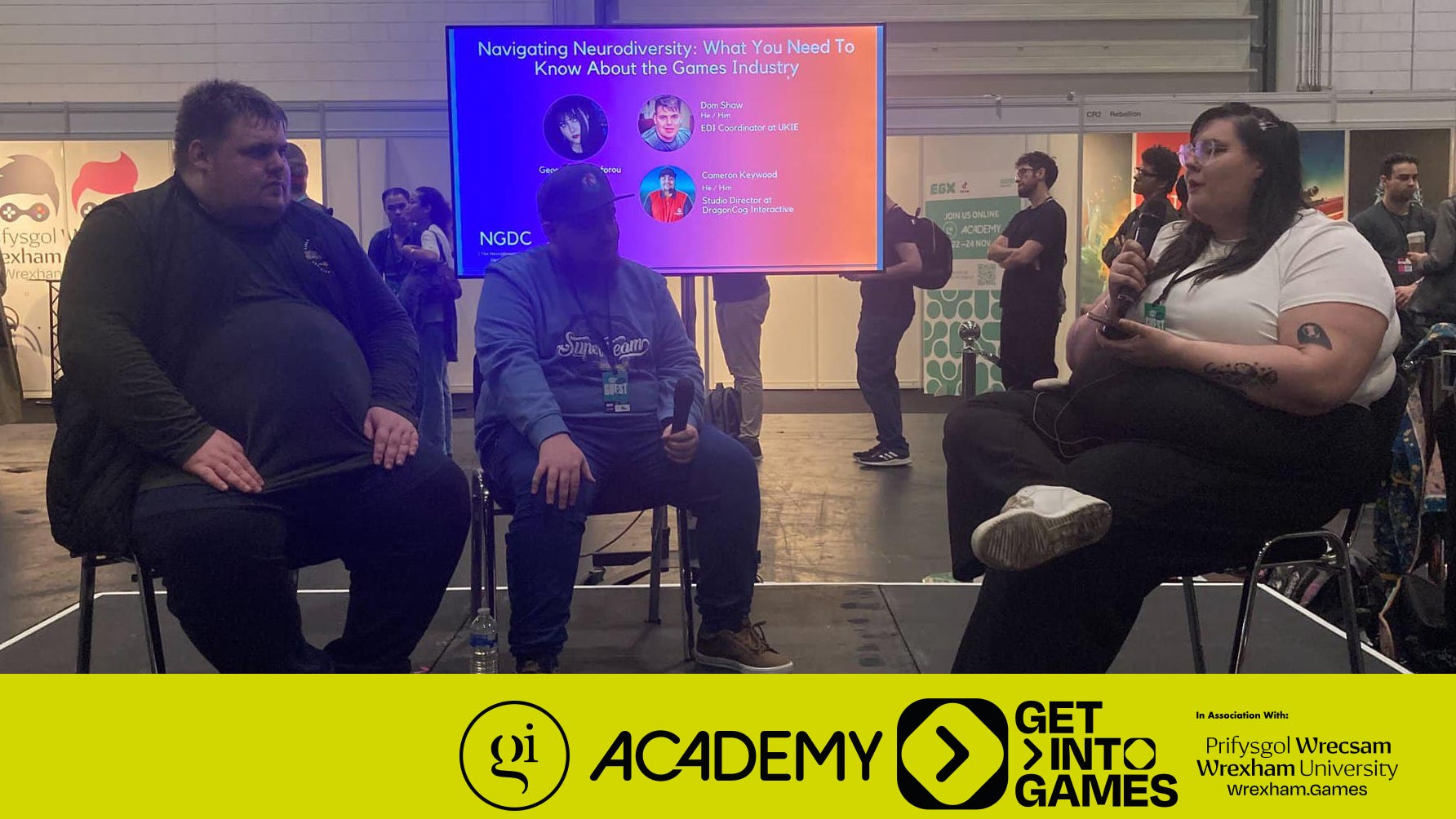
This article is part of our Get into Games special, offering students insight on life in the games industry and advice on how to get into the business
Just because someone has an invisible disability doesn't mean their support needs are invisible, too. One in four working-age people have a disability, and even though it has long been unlawful for employers to discriminate against disabled people, just a tiny percentage of those in work have openly disclosed their disability to their employer, often due to fear of discrimination, dismissal, or both.
Increasingly the workplace is getting better at widening participation for, and retaining, disabled people, including those with neurodiverse differences such as autism (which includes autistic spectrum), ADHD, and specific learning difficulties like dyslexia and dyspraxia. However, support for neurodiversity – a term that seeks to move away from binary concepts of "typical" or "atypical" brains and instead embraces the notion that all human cognition is normal, just different – in the games industry can feel embryonic at best, and lacking at worse.
source https://www.gamesindustry.biz/navigating-neurodiversity-what-you-need-to-know-about-the-games-industry?utm_source=feed&utm_medium=rss&utm_campaign=feed